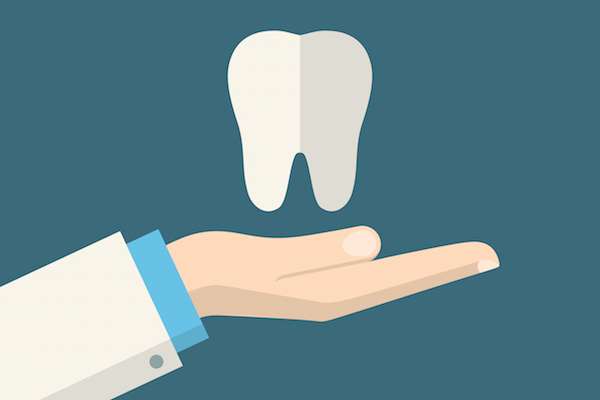How Long Do You Wait for Dental Implants After Extraction
are a reliable replacement option if a patient has a tooth extracted. There are many reasons to pull permanent teeth, including infection, irreversible damage, and a crowded mouth. A dentist may recommend an implant if a patient is experiencing difficulties with chewing or speaking, or if the person is self-conscious about smiling. It is important for a patient to understand what is the healing process after a tooth extraction and how to prepare their mouth for a dental implant.
Tooth extraction process
During tooth extraction, a dental professional pulls the tooth from the bony socket in the jaw. Once the tooth is removed, the patient needs to allow time for the bone to heal. While the majority of tooth extractions are simple and safe, complications can arise. However, patients have a fair amount of control over how well their mouth heals by following the care recommendations from the dentist.
Proper care
Immediately following a tooth extraction, the dentist places a gauze pack on the site to limit bleeding. The patient can remove the gauze after about 30 to 45 minutes. A blood clot needs to form to help with the healing process.
Do not rinse the mouth or drink through a straw for at least 24 hours. A patient can brush and floss other teeth, but should avoid cleaning any teeth next to the site. Proper care of the site avoids complications such as dry socket. Some swelling and pain is common after tooth extraction; therefore, a dentist may prescribe medication.
Healing period
A patient should see improvements in pain within two to three days following extraction. During the next few weeks, a patient should perform rinses of warm salt water to kill bacteria in the mouth and prevent infection, and avoid hard foods such as chips and toast. Care should be taken not to bite down on the site in the mouth. The healing period for a simple tooth extraction typically takes up to 10 days, depending on a variety of factors such as age and overall health.
Dental implant insertion
In the past, a tooth extraction site was left to heal for several months before placing dental implants. However, improvements in dental implant hardware and patient demand for faster implantation has shortened or eliminated healing time. There is some research that suggests that immediate placement of the dental implant after extraction counteracts complications such as shifting teeth and bone loss.
Conversely, a dental professional may suggest waiting several weeks or months before placing a dental implant. Factors including bone integrity and thickness, tissue structure, and general and oral health may be considered. The process for receiving a dental implant typically consists of three phases: Placement of implant, healing, and placement of prosthesis. If taken care of properly, a dental implant lasts for many years.
Conclusion
Tooth extraction and subsequent placement of dental implants is an individualized process. A consultation with a dental professional can clarify the correct timing for each patient.
or call Texas Implant & Dental Specialists at 972-535-6555 for an appointment in our Plano office.
Related Posts
Individuals who experience tooth loss often wonder which is the better tooth replacement option: dental implants or dentures? Both options come with advantages and disadvantages, and the truth is that neither is right for everyone. To decide which is right for you, carefully weigh the pros and cons of each option.A denture is a removable…
When someone is missing teeth, a couple of replacement options include bridges and dental implants. These are common ways to fill in the gaps, but there are differences between the two. Each has its advantages and disadvantages, and it is important to understand them before making a decision.A bridge is anchored by the teeth on…
For individuals who need to restore or replace damaged or missing teeth, dental implants are lasting, high-quality restoration options. The process can be lengthy from start to finish, but this dental appliance gives patients results worth waiting for. However, without the right aftercare, an infection can form and cause extreme discomfort to a patient. Proper…
